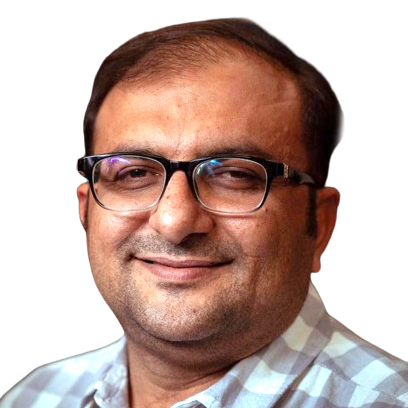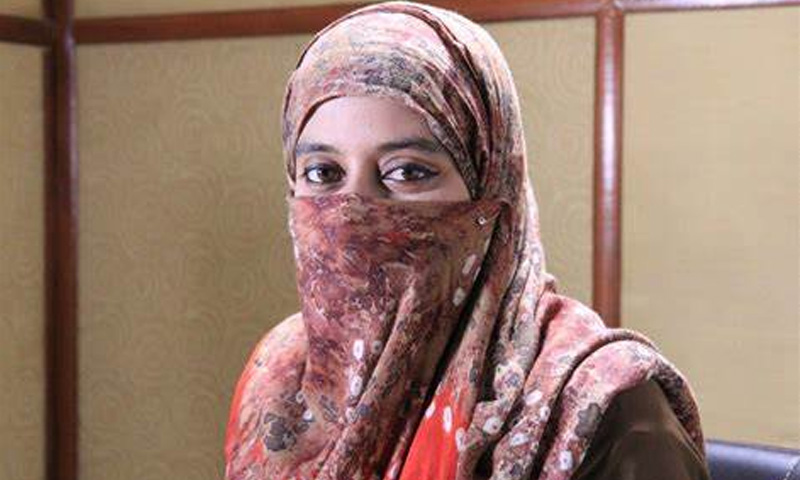- Web Desk
- 4 Hours ago
Beyond broken promises: Karachi’s voters yearn for a city reborn
Karachi, a metropolis of staggering diversity and economic might, finds itself at a crossroads. As the February 8 elections approach, a cloud of uncertainty hangs over the city. Unlike past polls, where political landscapes were easier to navigate, predicting the victor in this year’s election proves a daunting task.
This is no ordinary city. With a sprawling populace of 20 million representing diverse ethnicities, languages, and cultures, Karachi ranks among the world’s most dynamic cities. Yet, notable national leaders—Nawaz Sharif, Shahbaz Sharif, Bilawal Bhutto Zardari, Sirajul Haq, or any central PTI figure (given Imran Khan’s incarceration)—have opted not to directly contest the February 8 elections in this “mini-Pakistan.”
Gone are the days of predictable voting maps, where Urdu-speaking neighbourhoods automatically tilted towards MQM with an exception in the 2002 elections when the Jamaat-e-Islami secured seats through a six-Islamist party alliance. The PPP typically found support in Lyari or various Sindhi and Baloch enclaves in the city’s suburbs, while the political tendencies in Pashtun-populated neighborhoods remained less clear.
Karachi’s electoral history experienced a significant transformation, triggered by the paramilitary Rangers-led operation in September 2013. This operation, aimed at restoring order during a surge in ethno-political and terrorist violence from 2012 to 2014, recorded 3,100, 3,251, and 2,914 fatalities in each respective year. While achieving peace, it also reshaped political dynamics, leading to internal divisions within MQM and a cleavage of loyalties between the “good” and the “bad.”
The operation also paved the way for PTI’s success in the 2018 elections, securing 14 out of 21 National Assembly seats and garnering votes across various ethnicities and social classes in the city. The recent local government elections witnessed the ascent of PPP’s young figure, Murtaza Wahab, to the position of mayor.
But amidst the shifting sands of power, Karachi’s voters remain stoic, their skepticism forged in the fires of unfulfilled promises. They yearn for leaders who understand their unique challenges, who can bridge the communal divides, and who can harness the city’s dynamism to drive economic growth.
Each party has offered promises of change, yet the city’s dilapidated infrastructure serves as a stark reminder of broken vows. Potholes, overflowing sewage, crumbling infrastructure, and a chronic water shortage paint a picture of a city struggling to survive. This neglect, coupled with the city’s political marginalization by national leaders, has fueled disillusionment and apathy.
Karachi got a mayor and a council, but it’s not enough. The real power lies with the Chief Minister and the Sindh government, who hold the purse strings tight. Even when the PPP finally won the mayor’s seat for the first time, only a few strings were loosened, not severed. This isn’t just Karachi’s problem. From Lahore to Larkana, from Shangla to Quetta, all our local councils need fiscal freedom and real decision-making power. They need to be able to fix our roads, clean our drains, and quench our thirst, not just beg for scraps from the provincial table.
This election feels different. The Feb 8 vote carries the weight of not just Karachi’s, but Pakistan’s, future. Can any party break the cycle of broken promises and deliver on the city’s aspirations? Can they bridge the gap between Karachi’s vibrant potential and its neglected reality? Only time will tell who will win, but one thing is certain: Karachi’s voters yearn for change, and their voices will resonate far beyond the city limits.






